Innovations
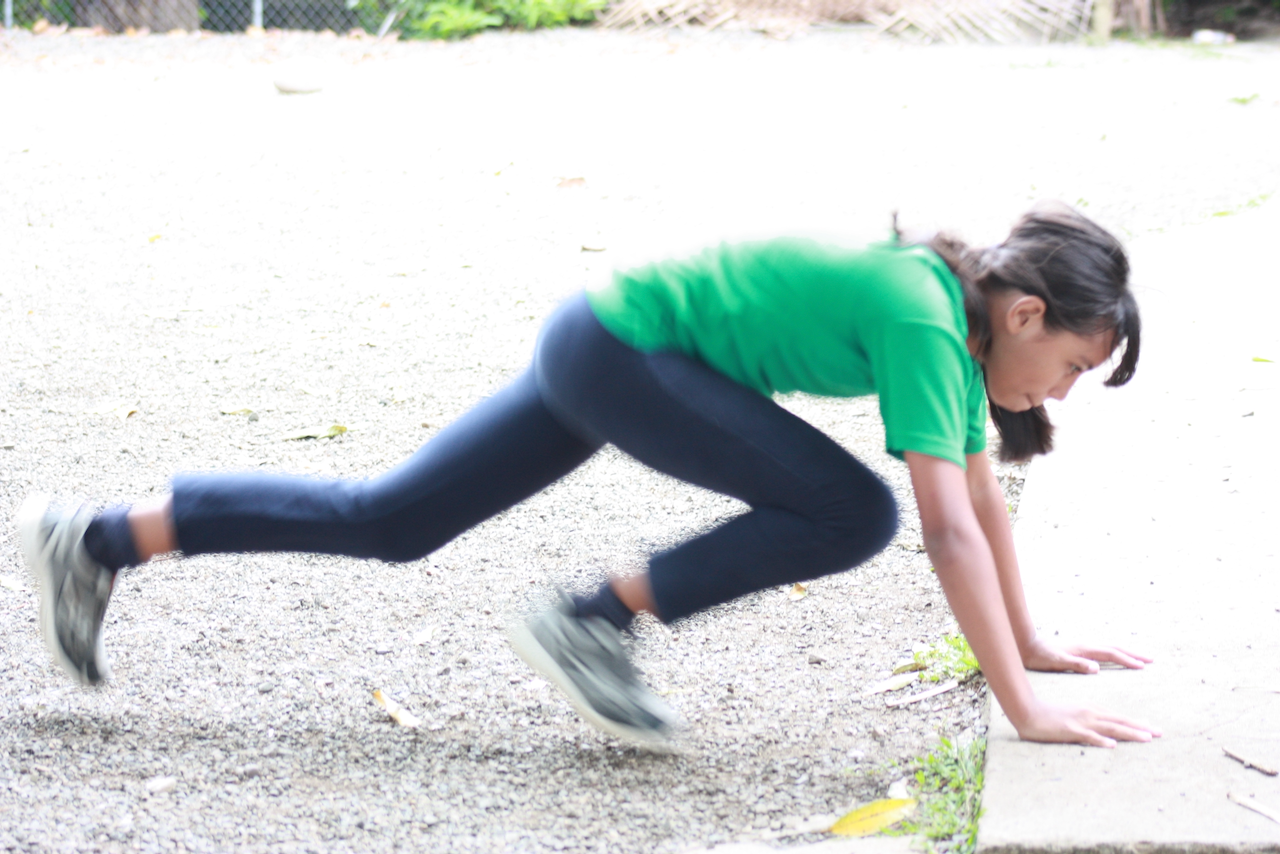
PE as a health initiative
We think that physical eduation (PE) should be about growing and maintaining a health body. Our approach to PE at MIS is to think about giving children habits so that they recognise that doing exercise 3-5 times a week is as necessary as brushing one's teeth twice a day. We show case techniques for the children to to and then we encourage them to actually do these activities in their own time outside of school hours.
We still do many activities at school that require gym shorts and gym shoes, so it is not as if we absolve ourself from doing the work. Children typically do a PE session once a week; they walk to the Aquatic centre at a brisk pace but learn road crossing skills on the way; they of course do their swimming; and they do a separate sports activity that is different from their PE.
Our PE programme has developed into looking at four core areas of body movement associated with good health: (i) functional strength; (ii) aerobic endurance; (iii) neurological training and; (iv) mobility.
We wrote a blog about this a while back.
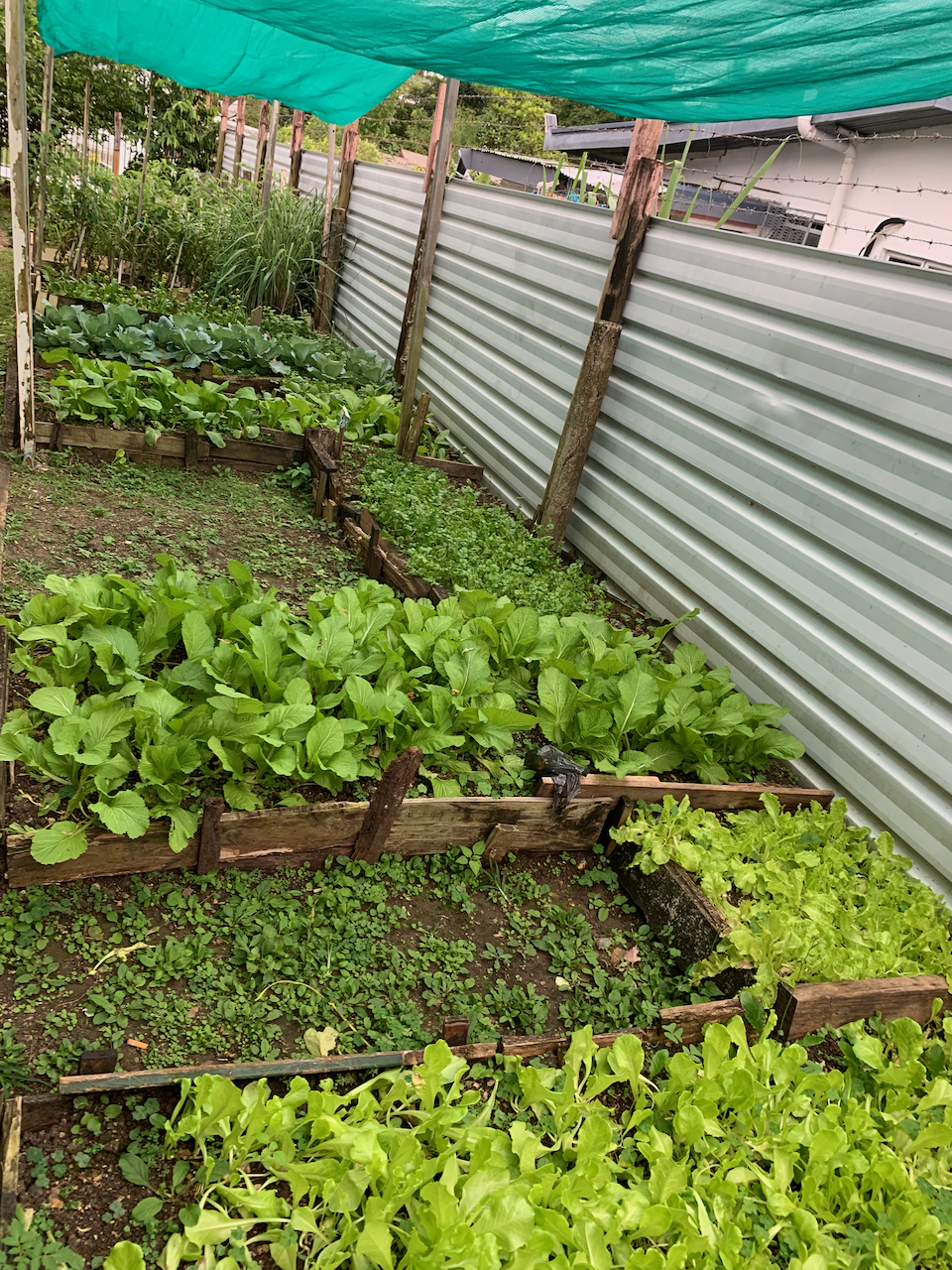
Permaculture
We are by no means experts in this but we are slowly becoming aware of the need to teach our students about permaculture, which is perhaps defined as agricultural practices that follow and enhance the natural way that plants and animals interact in an ecosystem. We are not an agricultural school but by doing this we:
-
Learn fine motor skills working with our plant beds – good for learning to write.
-
Are able to learn about ecosystems and how multiple organisms interact.
-
We use our grown plants to learn about measurements, such as successful growth percentages, graphing of growth patterns and so on.
-
We learn the fundamentals of economics by figuring out how much effort and cost was put into our plant growth.
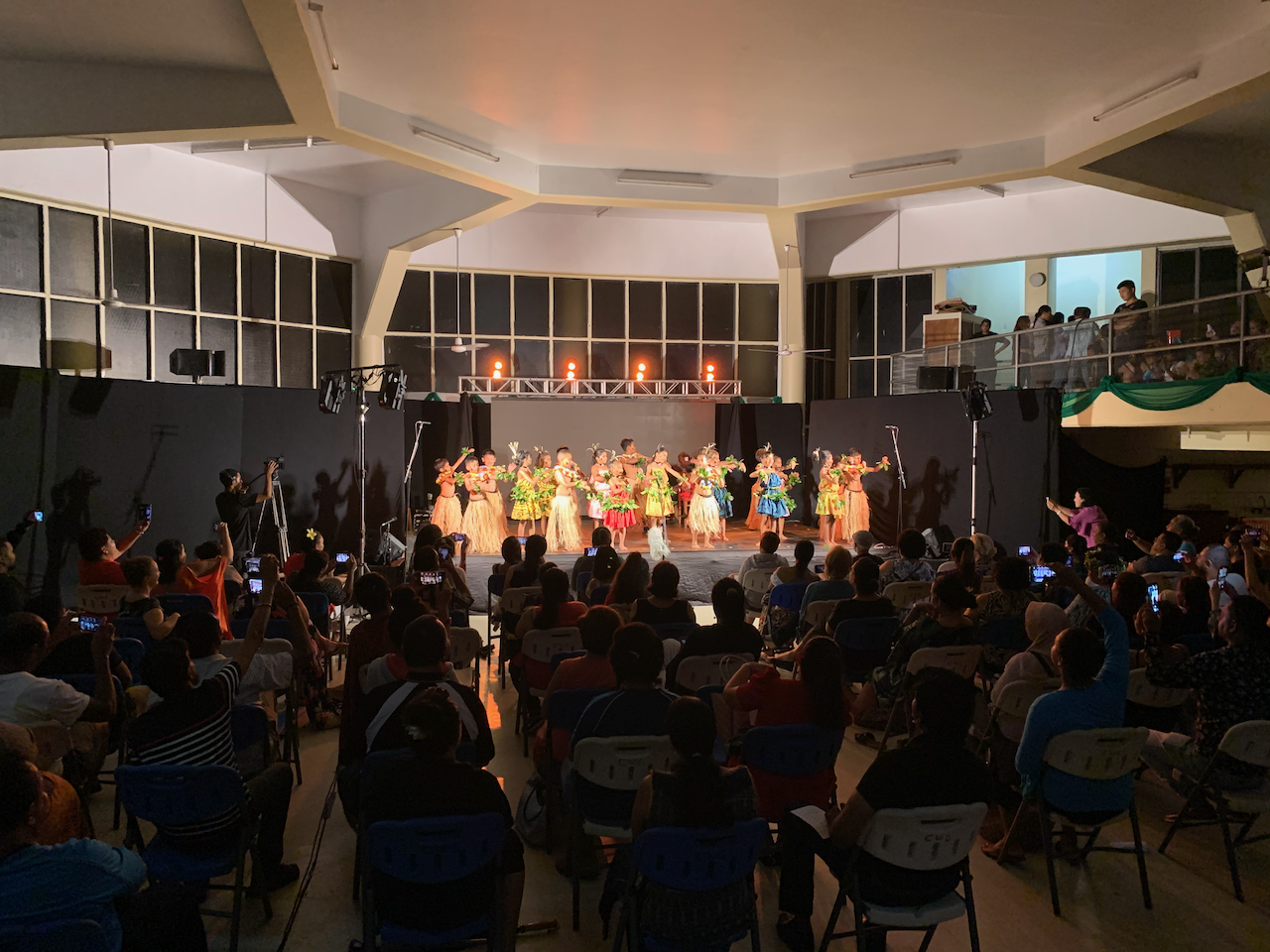
Annual Revue
Our last assessment of the year
Every year, MIS holds an annual Revue. This helps us to have a goal to aim towards in some of our team building and 'inter-personal' intelligence skills. Each item is auditioned (even for the Teacher’s item) and if they are not of a sufficient standard – they don't make it to the Revue.
Seniors also take a production course in the deployment of sound equipment, and the operation of cameras, sound board and streaming direction, since we have streamed our Revue since 2016.

Team Sports as Strategy Training
Because team sports are like a microcosm with defined boundaries and clear goals (literally), team sports are an ideal avenue to teach strategic thinking. In our senior years we focus a lot on Ulimate Frisbee. Games are played and strategy is discussed the next day – specifically how it can be applied to the business venture that our Pod/Class 9 & 10 students are engaged in running througout the year. They even have to write up how they applied strategic thinking from the game to their business venture in their project’s quartely reports.
We wrote a blog about this too.
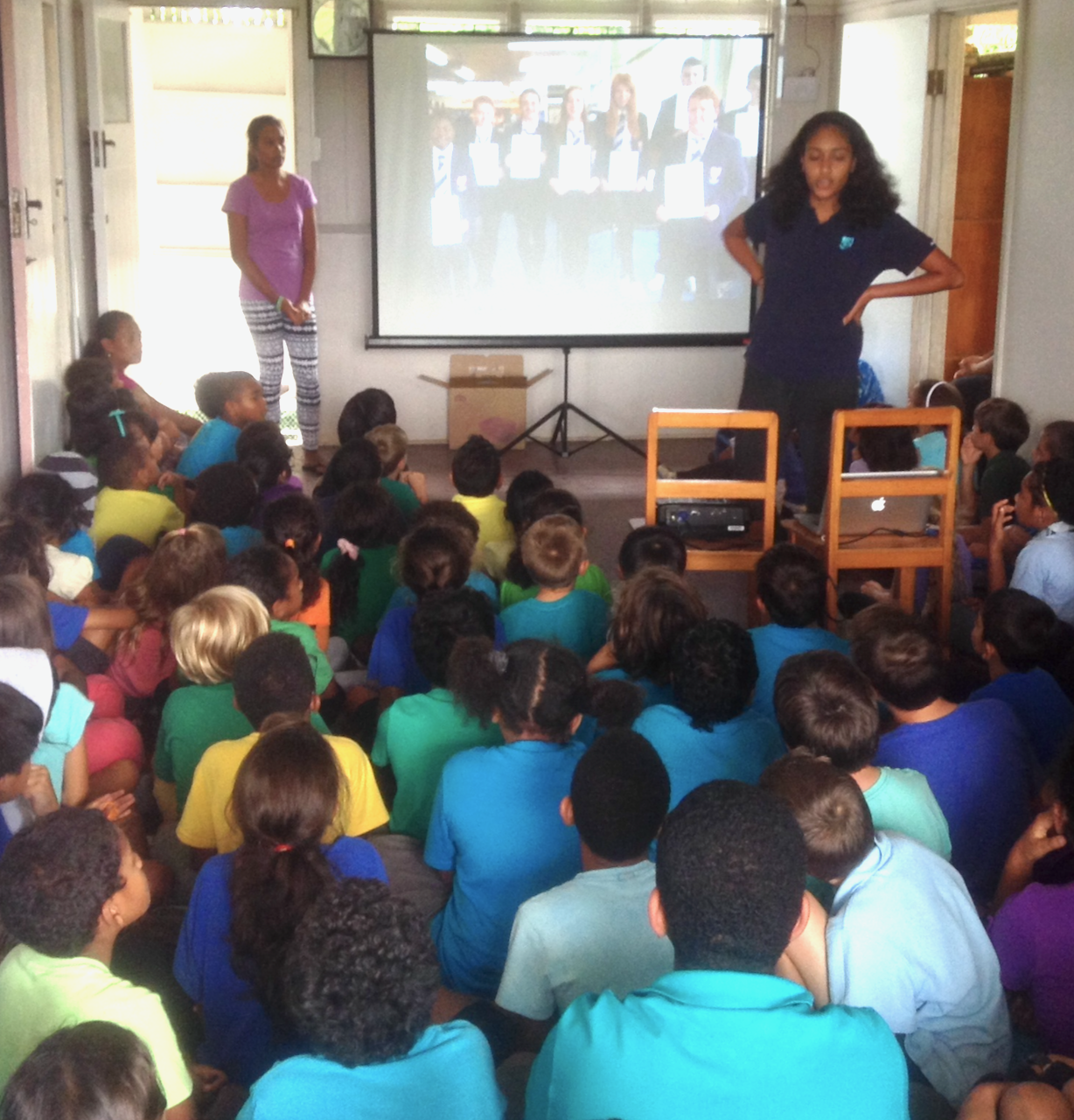
School Meetings
School meetings are considered an administrative chore that schools need to go through in order to tell children important issues. Sometimes it goes by the name 'Assembly' but the purpose is the same.
Our meetings in contrast are another learning opportunity. We take our cue from the progressive school 'Summerhill' in east England. In a nutshell, our senior children. This is the 'real' school meeting, not a pretend one. The majority of decisions are made through voting. Teachers may also vote but they only get half a vote to offset their swaying influence as adults.
The meetings are structured so that there are always action points to be taken, and these are always carried forward to the next meeting. The office bearers are chosen for the next meeting. In other words everyone gets a chance to be an office bearer.
How we teach duck diving as a swimming survival skill.
Swimming for survival
We have a strong conviction that at school swimming needs to be taught as a survival skill, not as a swimming gala or racing skill. Fiji, as other Pacific Islands are, is surrounded by water and this makes it critical that our children are confident in and around water.
We have three survival scenarios that we consider need to be considered for teaching our children: surviving a rip tide; surviving a capsized boat; surviving a fast flowing river.
Our children are assessed twice a year for their confidence in ‘wild’ water. Once in the ocean with relatively high waves; and once across the flow of a river.

Synthetic Phonics
This is not really an innovation. The technique has been around since the first quarter of the 20th century. It follows the linguistic understanding that English is a phonic language. Phonics is often taught but often ‘blended’ with ‘whole word recognition’, or ‘contextual reading’. What is an innovation in Fiji is a revue of the scientific literature (specifically meta analyses) which demosntrates that there’s only one way to successfully teach how to read and write a phonic language and that is through ‘synthetic’ or ‘pure’ phonics. We have been teaching synthetic phonics since 2011.
We wrote a few blogs about this, here and here.
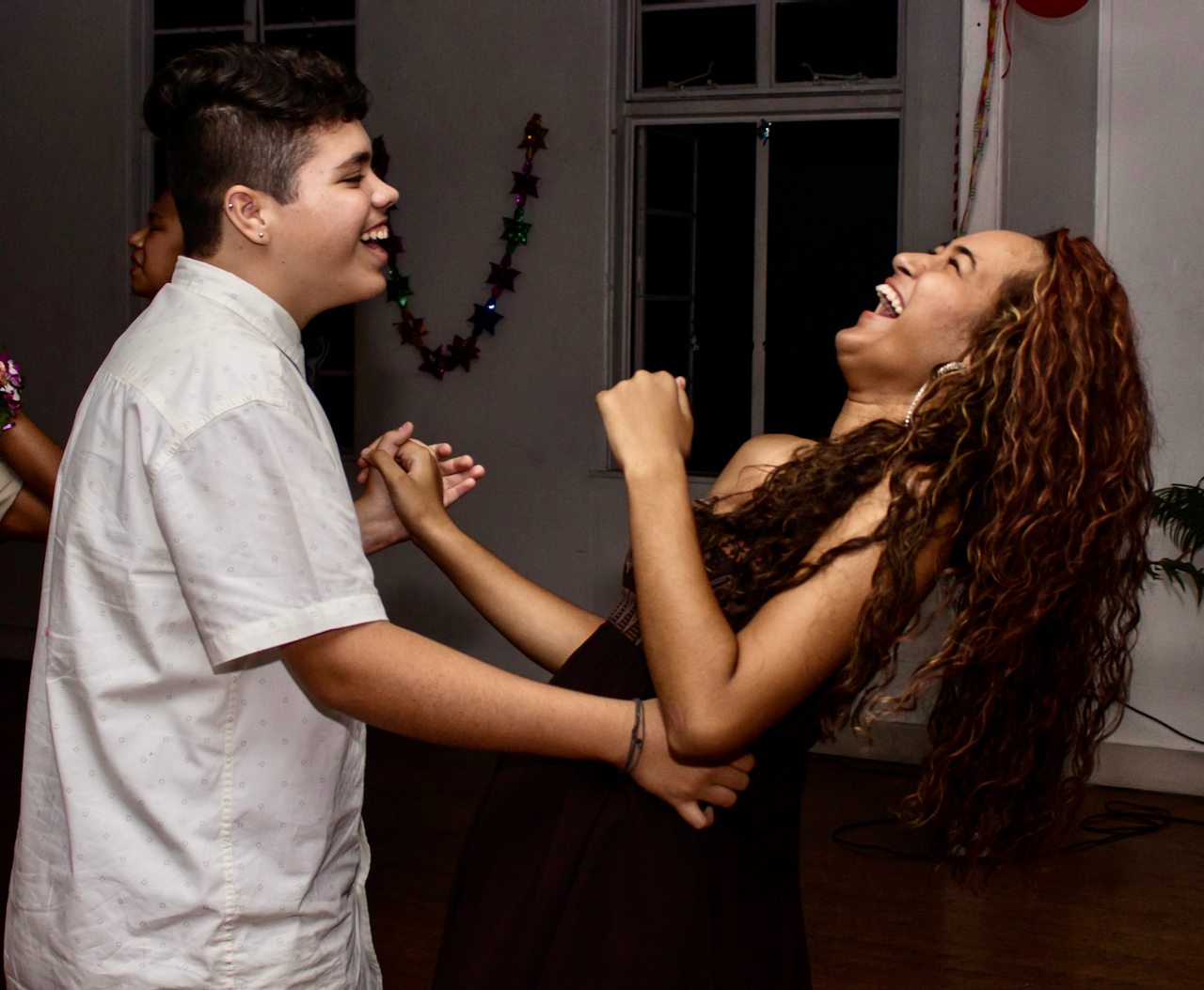
The Etiquette Ball
Again not an ‘innovation’ but more like a reminder of previous educational aims that seemed to die out in the 1970s, which is to teach our senior students how to do some basic ballroom dancing as part of ‘social dancing’. Students from Pods/Classes 11-13, receive instruction in: jive, salsa, waltz and; the foxtrot over a 14 week session and this ends with a ball where they get to practice their skills.
Students from other schools are invited too. The emphasis on social dancing means that we are actually teaching our students valuable social skills in how to treat each other with ‘etiquette’ and doing a fun activity.
The organiation of this activity is undertaken by one of the senior classes as a group project where they organise not only the instruction sesssions, but also the booking of venues for both training and the actual ball venue.
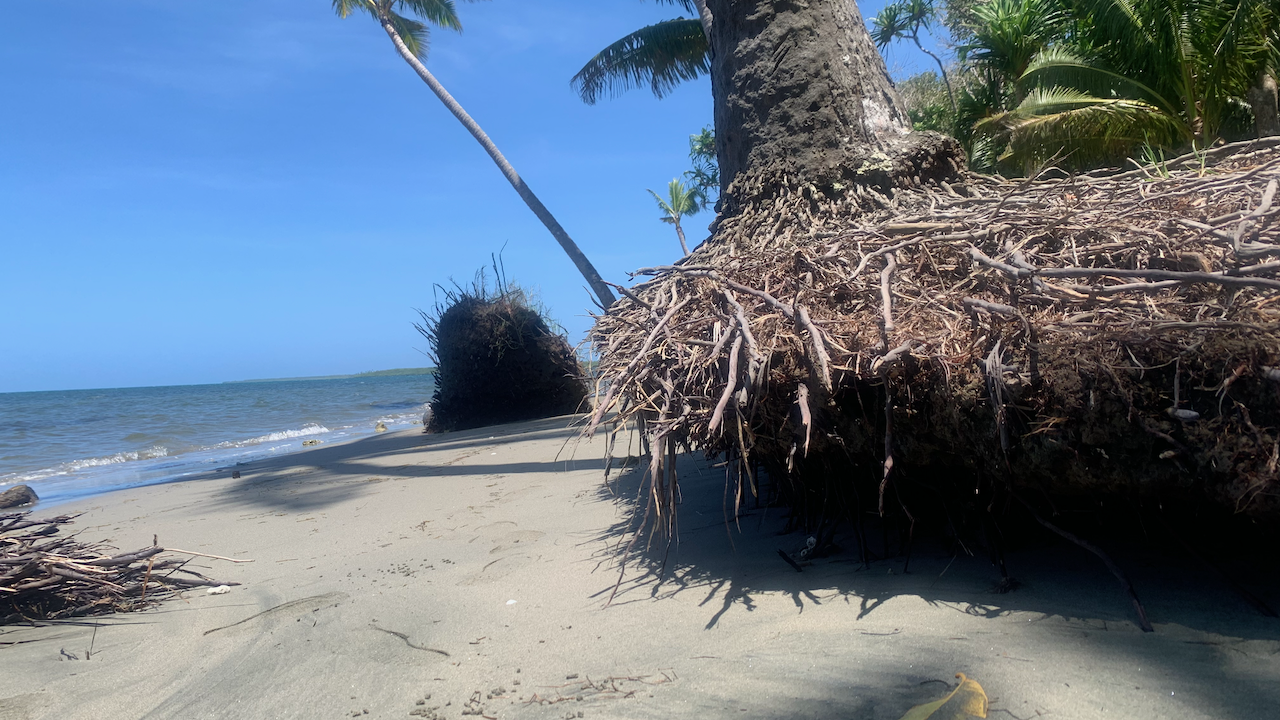
Fringe CoP
An activity in which all our students are engaged in acitivies for a whole term that focusses on the issues around climate change and the loss of biodiversity. We teach lateral thinking and problem solving during these sessions. At the end of a term of doing this, selected members from each of the subgroups allocated at the beginning of the year take part in a week’s long activity of writing a mission statement of what they have found including proposals of how to tackle the issues involved in these global issues. This is a ‘fringe conference of parties (CoP) because it tries to NOT think or act the same way that participants currently do in the UNFCCC annual official ‘COP’ sessions.
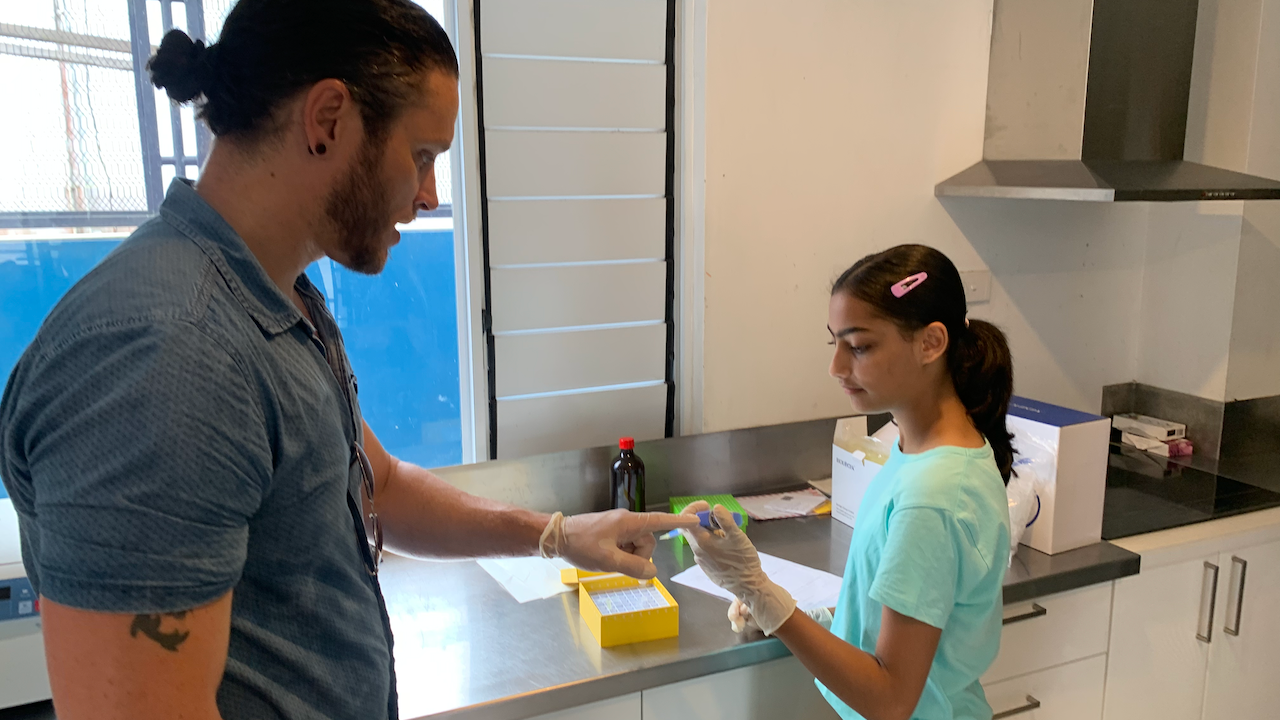
Health Urban Microbiome Initiative – Suva
In 2022 we started on an ambitious 35 year longitudinal study about the relationship between the biodiversity of microbiomes in the Suva urban and peri-urban environment and human health. We are working with a distributed set of individuals based in Australia and the United Kingdom who set up the original studies. Students have and will be working from Pod/Class 6 through to Pod 13 on different elements of the project which happens every year. From soil collection, to extraction of microbiome DNA/RNA from the soil, to logistics to send the soil for analysis at Flinders University, through to data collection, analysis and interpretation. Finally communicating the results to Suva City Council to help inform in urban planning design. This is an advanced form of ‘citizen science’.
Fiji Ministry of Education registration number SF: 8239